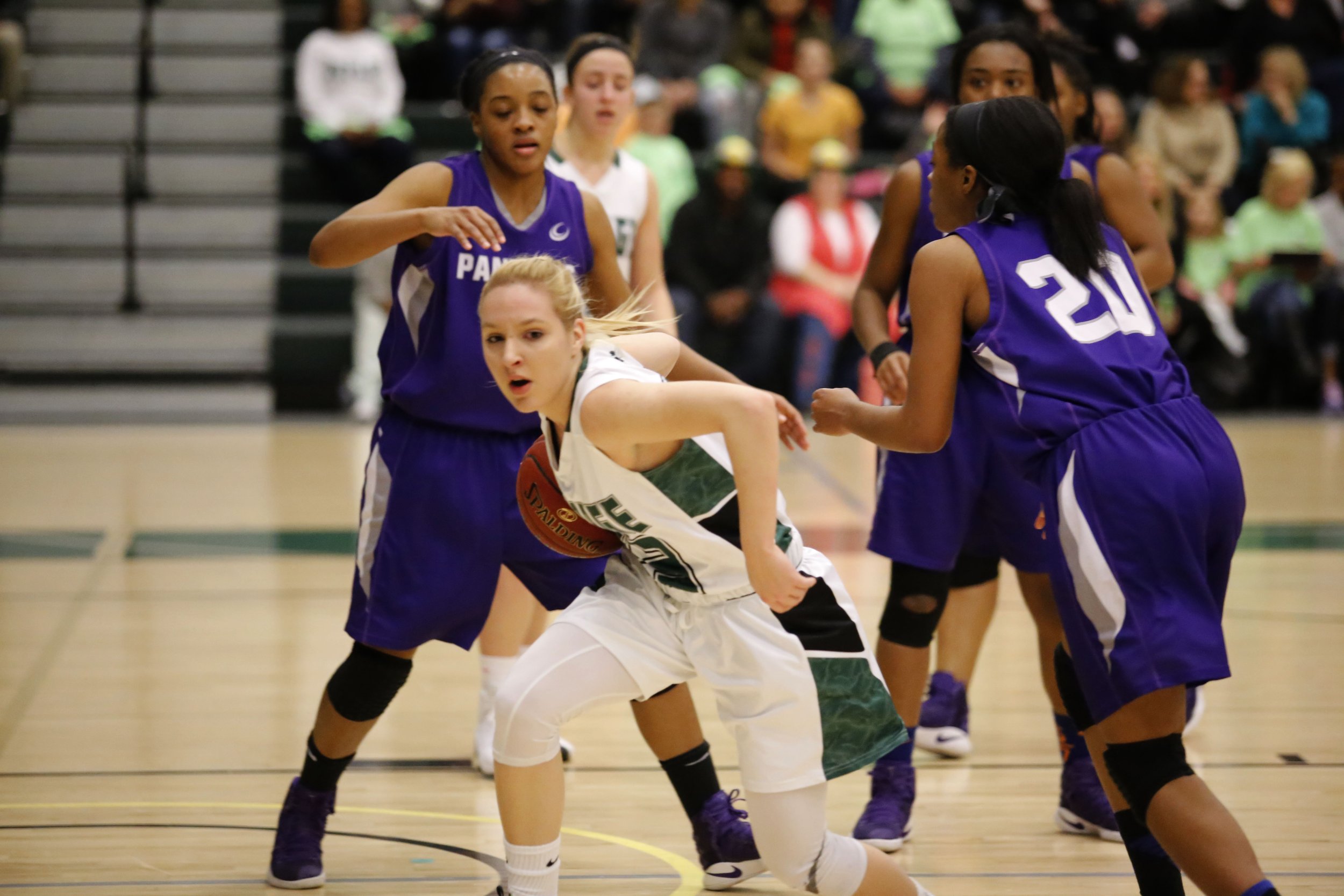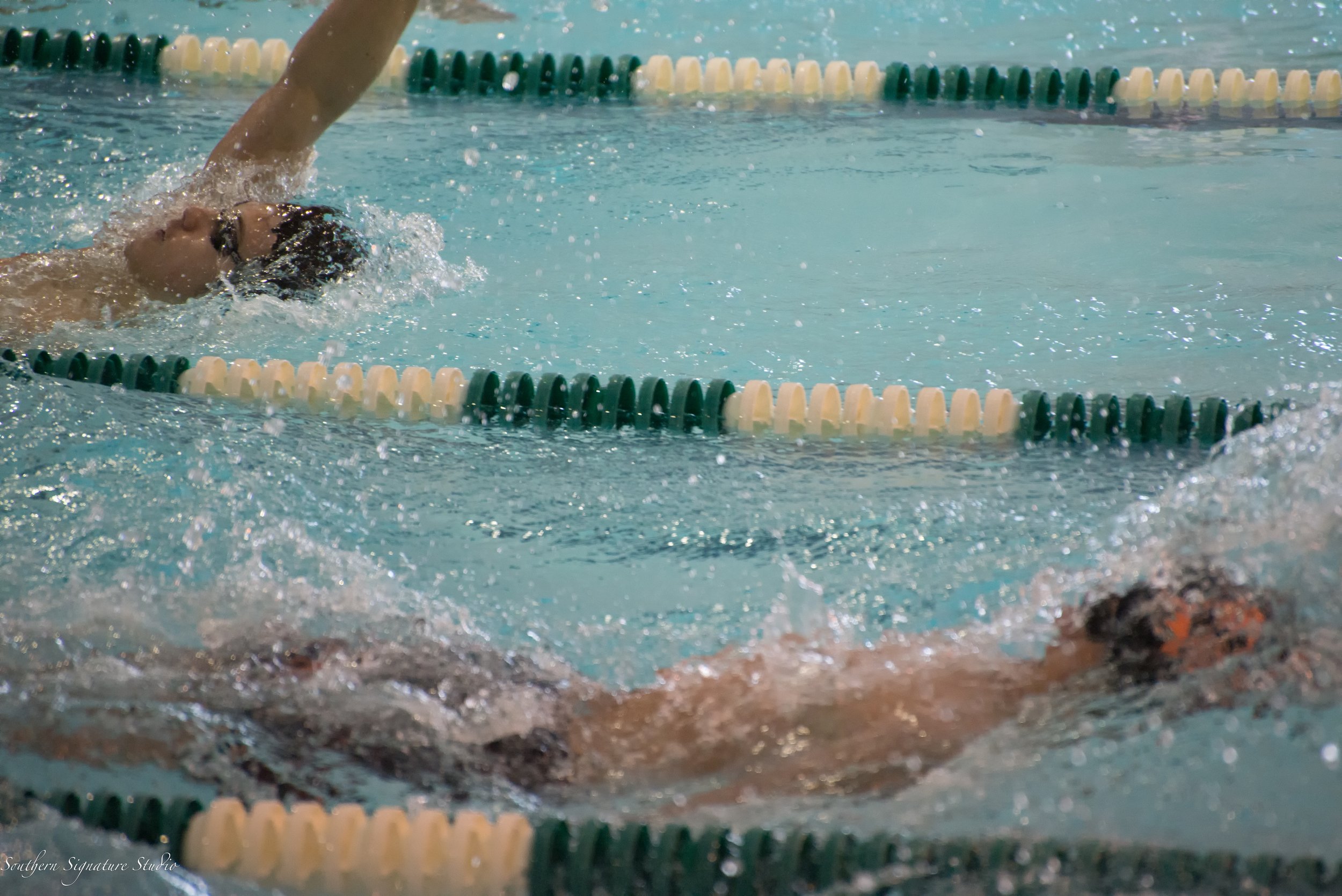Coachability and Recruiting
Any recruit can show themselves to be coachable. Unlike your talent, or even the team that you play for, coachability is one hundred percent within your control. Coachability is quite simply your ability to be receptive to instruction that a coach is providing you so that you can develop into a better athlete under their leadership. This sounds simple in theory, but many athletes prefer to “look good” rather than “be good” and as a result, they can feel attacked when a coach is critiquing them. If a coach who is recruiting you feels you are un-coachable, it gives them a good reason to look for someone else to recruit over you.
If you want to be a coachable athlete you have to do the following:
Be humble
Actively listen to your coach
Practice what the coach is telling you
Ask for how you can improve
Be committed to your teammates and your sport
If coachability is so simple why doesn’t everyone have it?
The thing about coachability is that it is entirely about your mentality approaching your sport and your team. What most recruits don’t realize is that coachability is conditioned from a very early age. There is a great divide amongst the recruits who will make it to college. Some have been heavily coached from an early age, part of the reason why they are highly successful in comparison to their peers. But other recruits, “like myself in high school I might add”, may not have been coached much prior to getting to college. Many athletes “train on their own” or try to figure out how to get better without much coaching assistance. If an athlete has had success at the high school level “going it alone”, it can reinforce the idea that they will be able to reach their potential continuing to do things that way.
If you add to this that it has never been easier for high school aged athletes to transfer schools, and switch club teams, then the message that the coach is wrong can continue to go unchallenged. The truth is however that if you are not the best in the country, you probably have some things yo need to work on in order to become that. Your current level, is not the one you want to remain at. If you knew how to be better on your own, you would likely be doing it already, and that’s where a good coach comes in.
How valuable is coachability?
Coachability will often be the difference for many athletes on how successful they become in college. It doesn’t matter what you have done, so much as what you are going to do at the college level. Coaches will watch how you interact with teammates, coaches, and even your parents to gauge not just your coachability but your character. Multiple studies have shown that “coachability” and student-athlete character are the top things college coaches look for in recruiting. This means your talent takes a back seat to your character when a coach is determining who to give an offer too. Consider that at every level of college sport coaches recruit many athletes who are similar in talent level. The difference between Jimmy and Ronald will come down to their “intangibles” or in other words their coachability.
What does an un-coachable athlete look like?
Uncoachable athletes stand out pretty strongly because they draw attention to themselves. They do not deal well with authority. They get upset easily. And furthermore they may blame others for their problems. If you have ever been taken out of a game and blamed the coach for not understanding why you should stay in, that is an example of an uncoachable moment. The issue is not that having emotion is bad, but a coachable athlete would seek to understand the coaches viewpoint, rather than assuming that their own is right.
Coach Rob’s Note: Coachable athletes welcome criticism from sources they respect and act on it swiftly. Hard work represents a bigger reward to these athletes and they seek to do the maximum they can to improve.
How to show that you are coachable
Coachability is something that has to be proven to a college coach. If you are being scouted consider the following as things a coach is looking for as they assess your character:
Be a good teammate
Have a positive attitude
Be engaged when you are not in the game
Show that you enjoy competing and respect the authority of the referees
Now that you know what coaches want to see, you should also consider where coaches are going to look for you to prove you have these qualities. Once you have made a coaches target list, anticipate that coaches will watch you at high school and club competitions, showcases, tournaments, and even camps and clinics. But the number one place that a coach will assess your coachability up close and personal will be on your official visit.
Official visits provide a chance for a coach to evaluate how well you fit into their team as you hangout with current athletes. They can talk directly with you in person at length, and in some cases even see how you respond to any coaching advice they give you. But remember that college coaches will still want to hear directly from your high school level coaches what their experience has been with you and assess your social media content as well.
As weird as it sounds a social media account can very quickly show how coachable an athlete is. It is one thing to post about your athletic career, but any athlete who appears to lack humility can come off un-coachable. For example, if you refer to yourself as a future NBA player when you are still a role player on your high school team, it shows coaches you may see yourself a little more highly than you ought to. Coachability rhymes with humility, and the two go hand in hand.
What role do parents have?
The biggest thing that a parent can do to reinforce athlete coachability is to empower your child’s coach. If an athlete believes that their parent will tell a coach to give them more playing time, or otherwise dictate what the team should do, it sets a bad precedence for the athlete. Parents will not be there in college to do any of these things, and college coaches cannot do their jobs effectively if athletes challenge their authority. Support your child respecting their coach’s input and practicing good sportsmanship in all situations. Coachability comes down to an athlete realizing that coaches are there to help them. And part of that help is pointing out the work that still needs to be done to become the best they can be.
Coach Rob is a recruiting expert and the Founder of SCA Recruiting. He is also the author of the book Winning the Ship: How to Win the College Athlete Recruitment Game. Available now on Amazon.

“93% OF HS ATHLETES DON’T PLAY IN COLLEGE… BUT I WILL HELP YOU BEAT THOSE ODDS. I GUARANTEE IT.”


